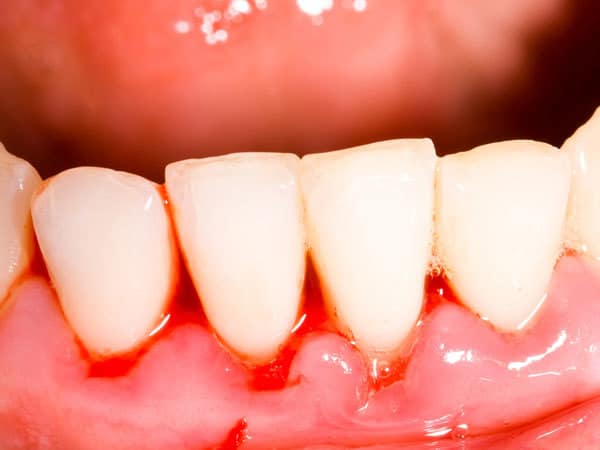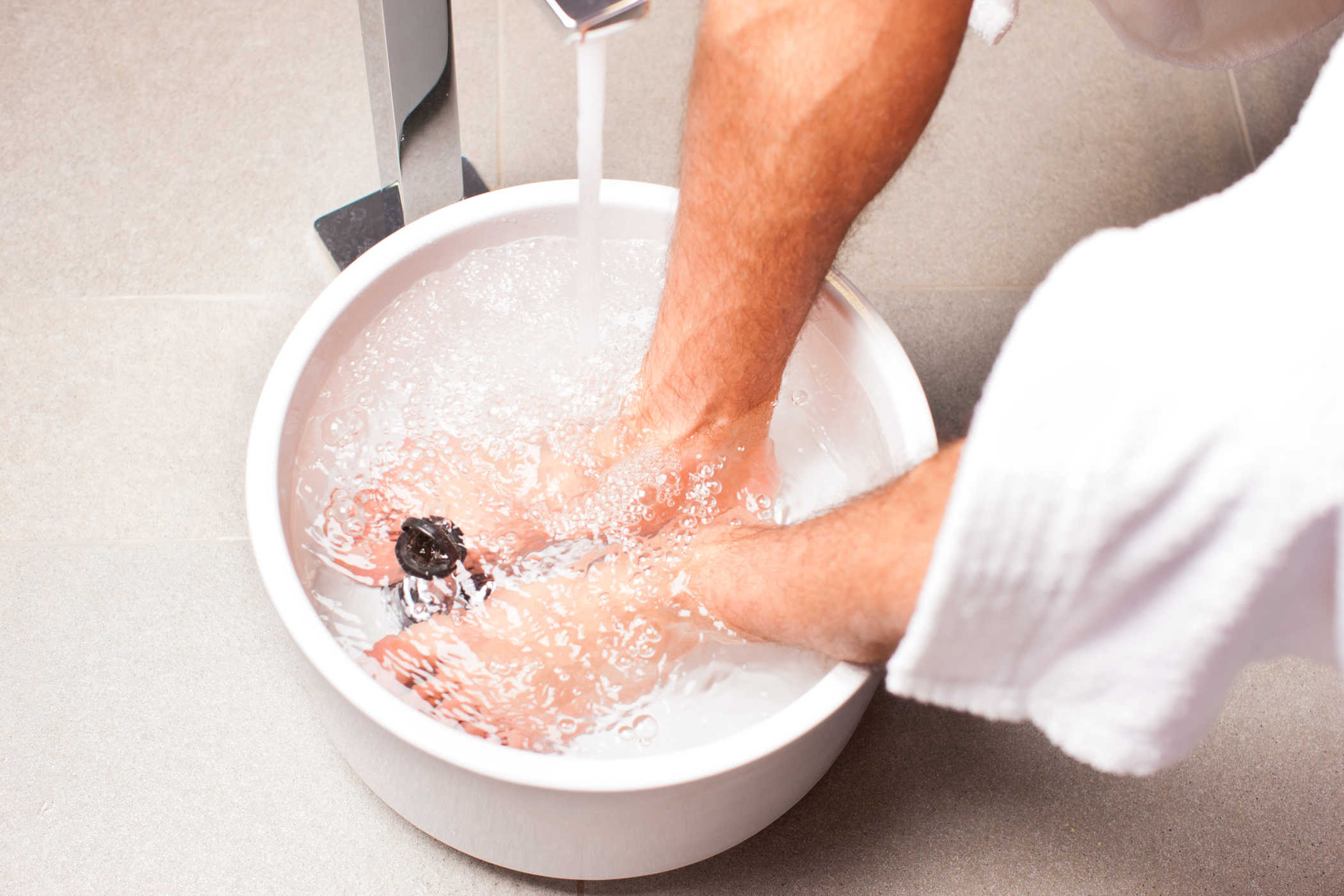Contents:
- Medical Video: Babies Eating Lemons for the First Time Compilation (2015)
- Feel funny with unexpected things
- Humor language
- Your comedian friend
Medical Video: Babies Eating Lemons for the First Time Compilation (2015)
Dylan was busy in the bathtub, trying various "hats." First, the small bucket he used as a bathing toy. Then the cloth, then the rubber duck. He felt all of this was very funny. But when his father wore a rubber duck and balanced it on his own head, the inj thing got even more funny.
It sounds like a shower is a typical routine, but Dylan is not only clean - he begins to develop a sense of humor. This is a good condition to develop. Experts say the sense of humor is well developed can enhance a person's immune system, contribute to a more optimistic view of life, and increase self-esteem.
What's more, research shows that a sense of humor is learned, not inherited. From a very young age we all have the capacity to laugh; children as young as 9 months can begin to understand physical or visual jokes. Toddlers always accept about the pleasure of humor taught to him.
Feel funny with unexpected things
Initially, babies respond to things that look or feel funny - such as silly faces, or tickling of the stomach. But in toddler years, children understand more complex languages and also have a good understanding of how the world works, the right way to wear a pair of pants, for example.
So if you put your child's pants on your head or a teddy bear diaper, you tend to get a lively response. Anything unusual will feel funny to toddlers. Try putting something in the usual place - like putting a stuffed animal in a closet with a plate, for example. You might ask your child, "How can this doll be here?" Or wear a pair of their shoes in your hand and act like a doll and sing a song and do a small dance.
You may already have books on the shelf. Those of you who use this method - people will focus on something surprising or suddenly come out of a place, like a hippo wearing purple shoes, or a frog doing an ice skating.
Visual humor is also very funny for toddlers. You can make a face, wear a funny hat, or hit yourself with a pillow and pretend to fall - anything that looks funny will delight a toddler.
Humor language
As children begin to understand language, verbal humor is a source of entertainment for him. Silly rhymes and names, even nonsense words that only sound funny can be his favorite. This age child can also anticipate humor. If you repeat regular jokes, you will listen to your child's giggles before the end of the joke.
Some people seem to be talented in humor. But what if you don't consider yourself talented? Here are two easy ways to develop a child's sense of humor:
- Be open and pleasant.
- Willing to laugh alone.
Toddlers are very responsive to everything. There are better ways to make a child laugh like chasing and catching him (like: when you try to catch your child "but can't").
The game of hide and seek also continues to entertain toddlers. You can always improve the game - try telling your child to hide under a scarf or blanket when you look for it, then react with surprise when he appears ("Where is Will, why isn't there? Oh, there? There he is!").
Your comedian friend
This is really the fun part: Someday, your child will probably start playing jokes at you, hiding under a blanket when you come to see while he is taking a nap, or run laughing when you say it's time to go home from the park. Or, if you say, "Point your nose," your child may accidentally point to the ear or knee.
Repetition of jokes is often done by your toddler, so you might hear the same joke more than once. Be sure to give your child an incredible laugh response - even if you've heard this joke many times!












